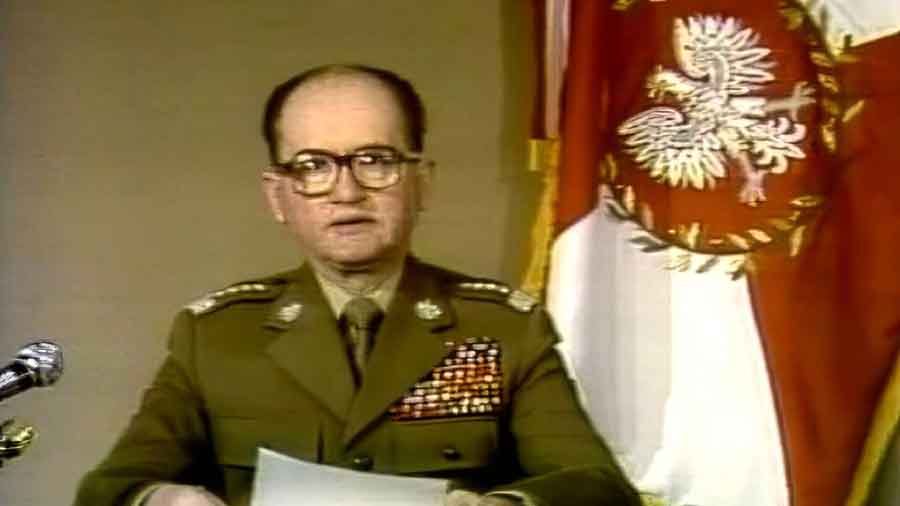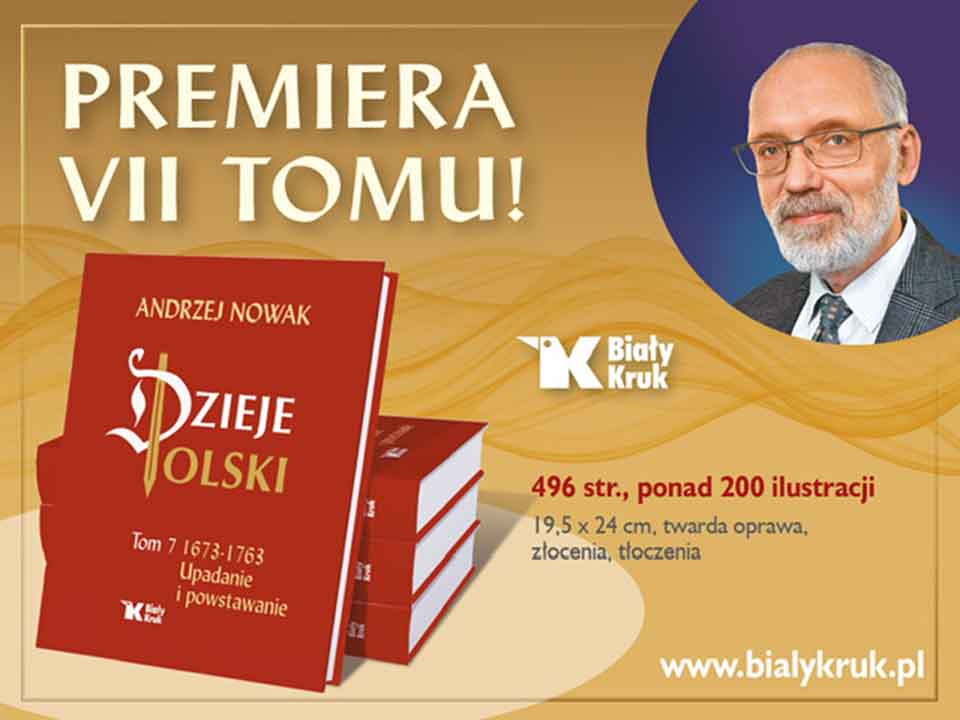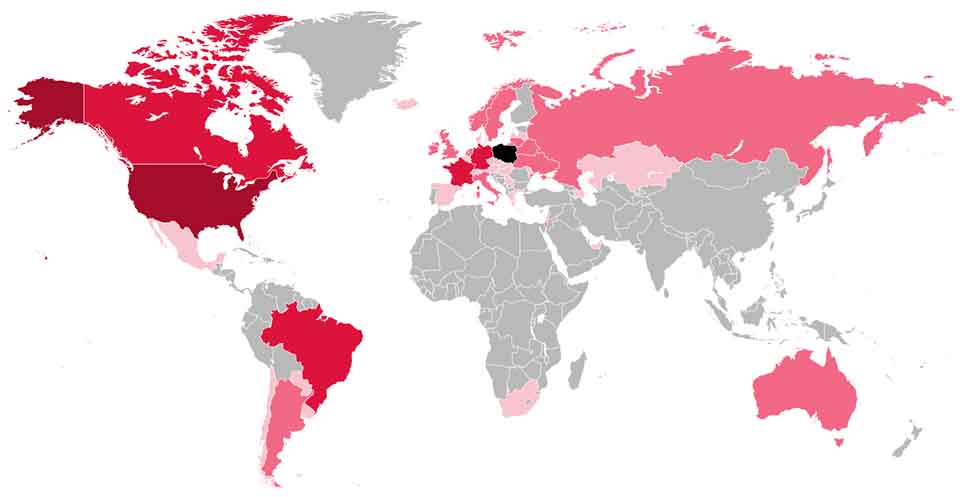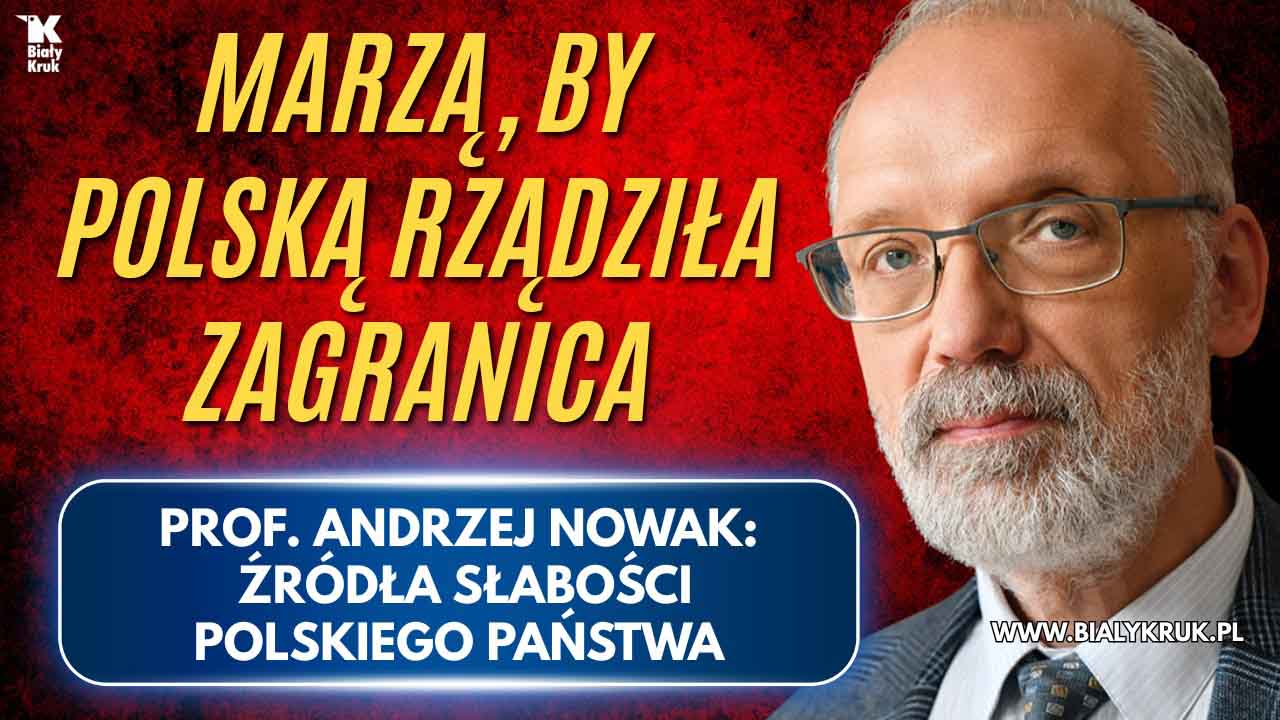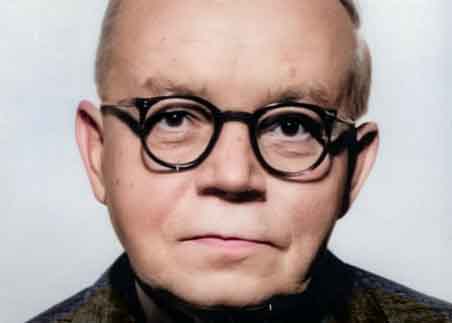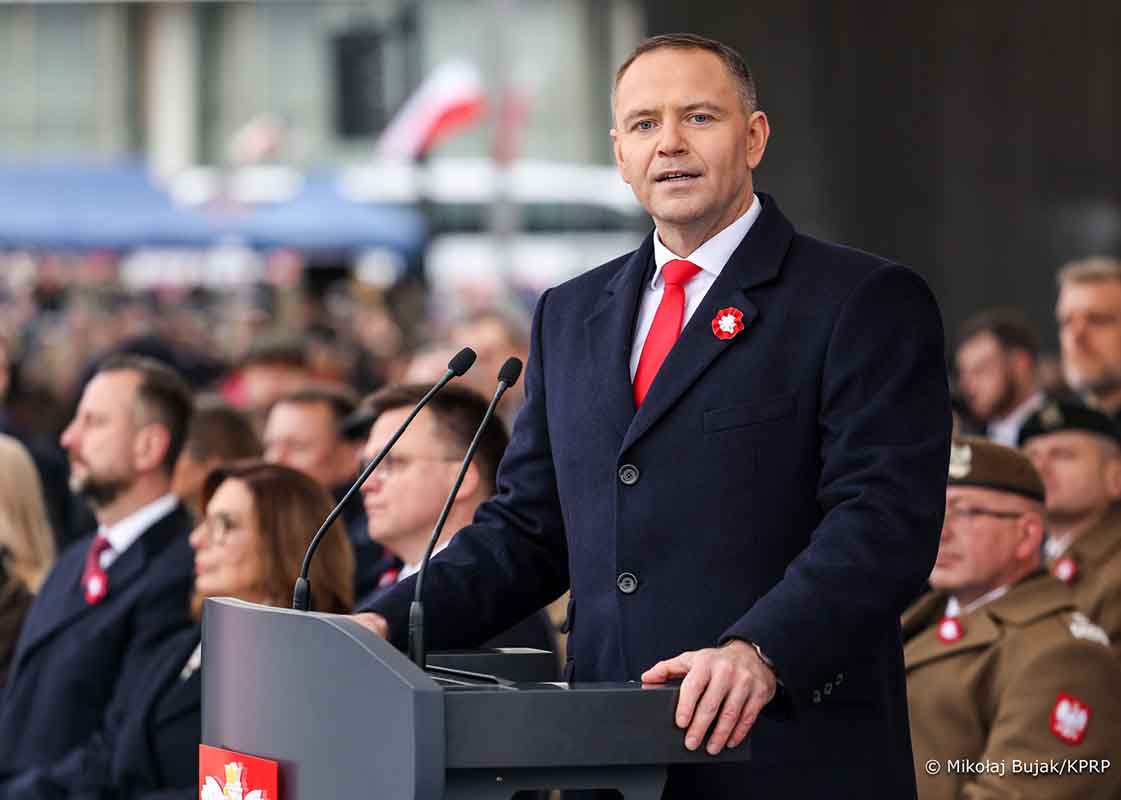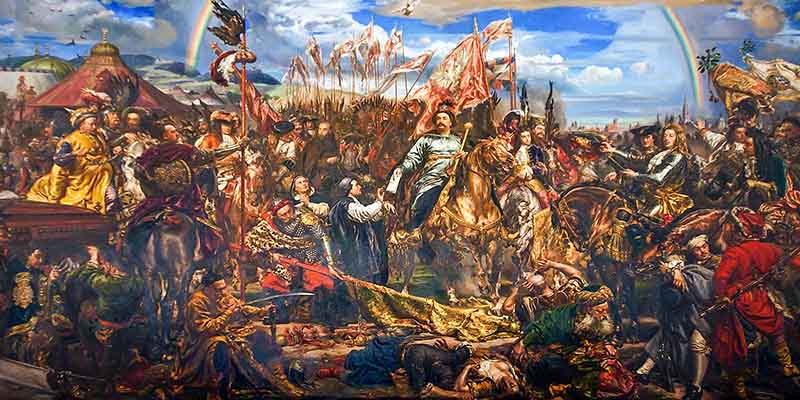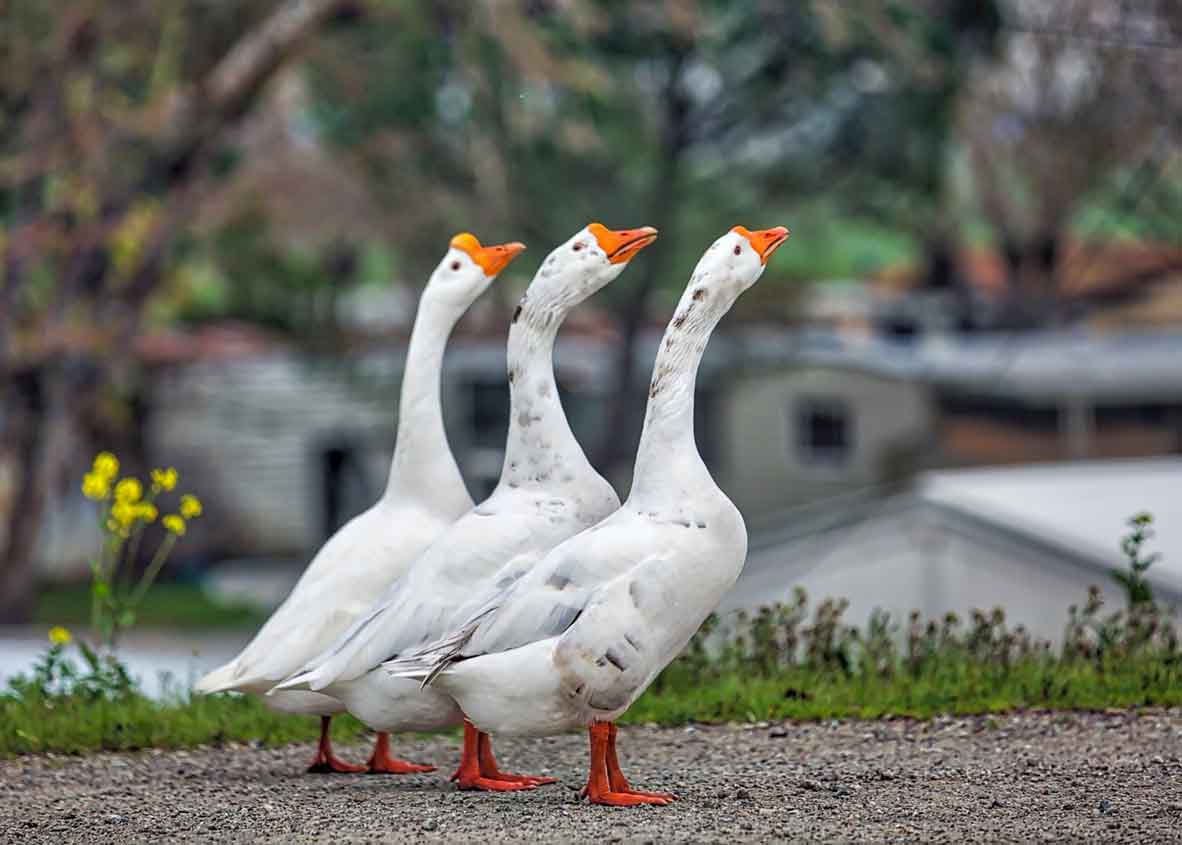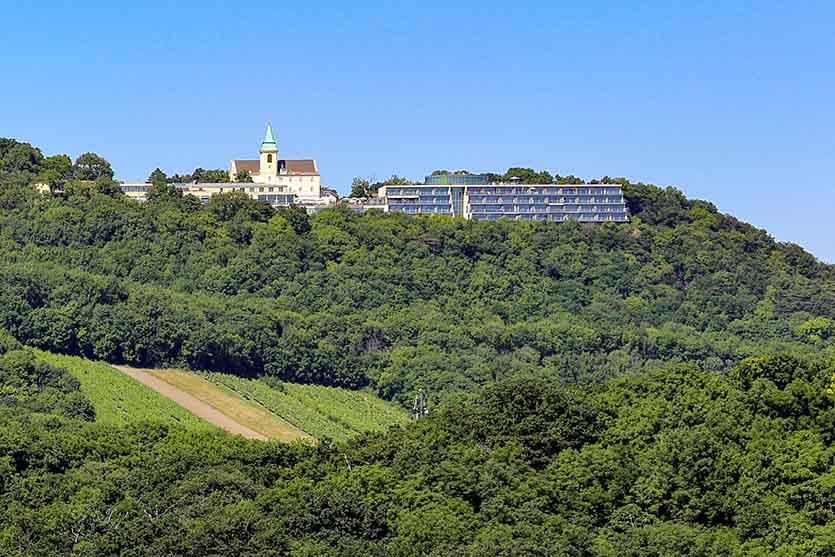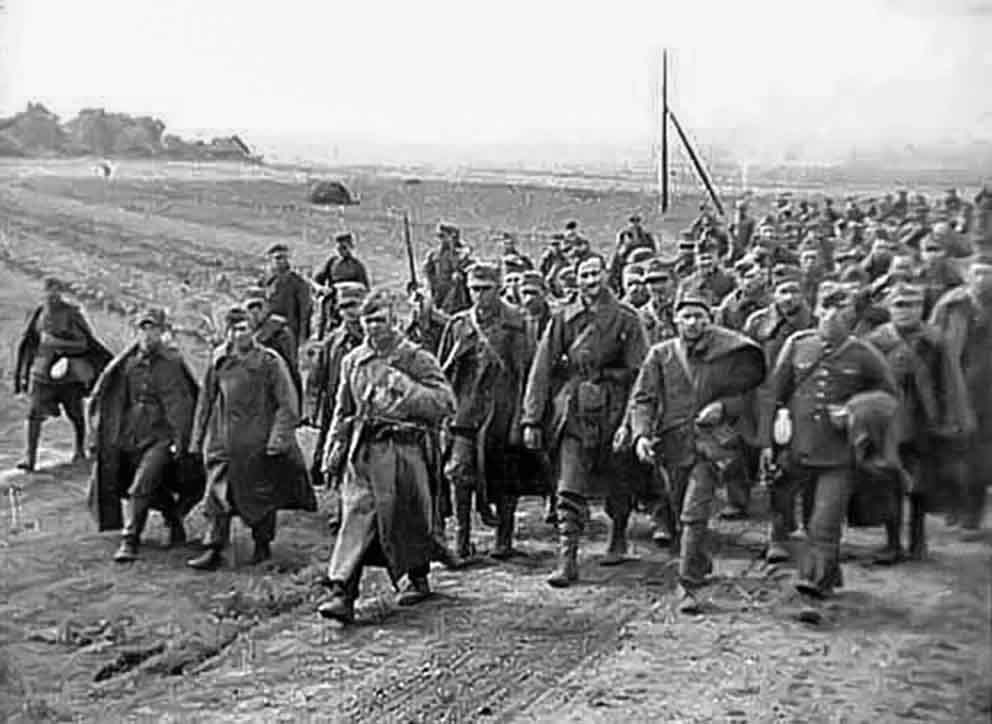Christmas Eve in Poland is more than just dinner: fasting, the wafer, the first star, an empty plate, and twelve dishes all combine to create a ritual that blends faith, ancient superstitions, and familial tenderness. Where do these customs come from, how do they differ from region to region, and why do they taste even more intense in exile?
Read more... Reading time 18 min.For those who yearned for freedom, the communist regime had batons, tear gas, and internment centers. However, it failed to crush the Poles' spirit of freedom.
Read more... Reading time 5 min.In a pre-release interview, Professor Andrzej Nowak reminds us that without understanding the past, it's impossible to grasp contemporary crises and challenges. The seventh volume of History of Poland is a riveting story about the era of John III Sobieski and the Saxon times – about the falls, illusions, and the spiritual strength of a nation that, despite everything, managed to rise again.
Read more... Reading time 3 min.The Polish diaspora, numbering over 20 million people, represents a huge, yet currently marginalized, potential for the state. Why did the Polish diaspora disappear from public debate after 1989, and what systemic barriers block its real participation in Poland's politics, economy, and diplomacy?
Read more... Reading time 6 min.Prof. Andrzej Nowak, who has completed the 7th volume of the monumental "History of Poland" series, in the following recording shares his reflections on the times described in the part titled "Falling and Rising."
Read more... Reading time 4 min.The fate of Tadeusz Katelbach demonstrates that a nation lives on in its people, not in documents. Born in enslaved Poland, he fought for its freedom his entire life—as a soldier, activist, diplomat, and émigré journalist. His biography is a testament to his unwavering patriotism.
Read more... Reading time 7 min.November 11th is a reminder that Polish independence was born through the efforts of many generations – at home and abroad. It is a story of memory, sacrifice, and pride, of the Tomb of the Unknown Soldier, and of the Polish diaspora, which from America to Europe, supported the rebirth of a free Poland.
Read more... Reading time 5 min.Is it really a "pity" that Sobieski saved Vienna? Professor Andrzej Nowak decisively dismisses such ahistorical fantasies and presents John III as a king who wisely defended the interests of the Polish-Lithuanian Commonwealth. The new, seventh volume of "History of Poland" reveals his true role—the last great splendor of our history.
Read more... Reading time 4 min.It seems as if Poles were satisfied with a mute Piłsudski, cast in bronze and placed in the main squares of their cities, and not as one of the key figures in their 20th-century history who still has something important to tell them.
Read more... Reading time 5 min."Goose is best on Saint Martin's Day," goes the folk saying. But where did this custom, which is returning to our tables today, come from?
Read more... Reading time 5 min.On the 342nd anniversary of the victorious Relief of Vienna, we received a lecture from Father Roman Krekora CR, Rector of the Polish National Sanctuary on Kahlenberg in Vienna. It was from this site that King John III Sobieski set out on September 12, 1683, to lead the Allied forces to the victorious Battle of Vienna.
Read more... Reading time 7 min.Wojciech Materski
Although Russia has officially acknowledged the perpetration of the Katyn massacre, this truth is virtually absent from Russian historiography today. For it does not fit into the myth of the great victory of the war, any more than the Hitler-Stalin pact of 1939, the mass deportations, the enslavement of the Baltic republics, or the colossal scale of the Red Army's marauding in the final phase of the Second World War.
Read more...



